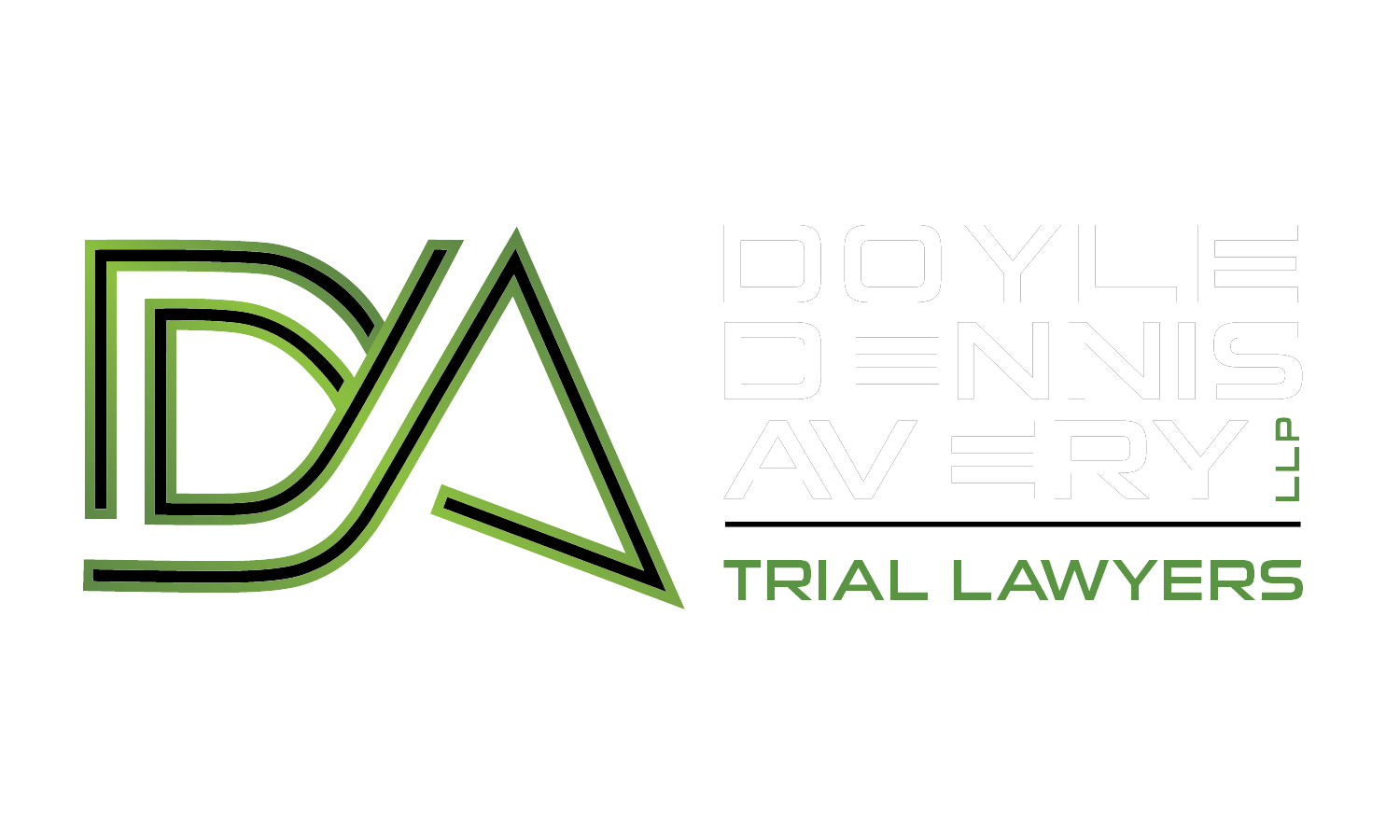Anti-Money Laundering
Congress enacted the Anti-Money Laundering Act on January 1, 2021. As a result, AMLA dramatically increased protection for whistleblowers under the Banking Secrecy Act, 31 U.S. Code § 5323.
Who is protected?
AMLA provides broad protection for whistleblowers who have reported violations of the Banking Secrecy Act. This includes:
- Providing information in accordance with the Banking Secrecy Act to—
- The Secretary or the Attorney General;
- Federal regulatory or law enforcement agency;
- any Member of Congress or any committee of Congress; or
- a person with supervisory authority over the whistleblower, or such other person working for the employer who has the authority to investigate, discover, or terminate misconduct;
- In initiating, testifying in, or assisting in any investigation or judicial or administrative action of the Department of the Treasury or the Department of Justice based upon or related to a report under the Banking Secrecy Act;
- In providing information regarding any conduct that the whistleblower reasonably believes constitutes a violation of any law, rule, or regulation subject to the jurisdiction of the Department of the Treasury, or a violation of money laundering statutes to –
- a person with supervisory authority over the whistleblower at the employer of the whistleblower;
- another individual working for the employer who the whistleblower reasonably believes has the authority to investigate, discover, or terminate the misconduct or take any other action to address the misconduct.
Importantly, AMLA protects external whistleblowers, meaning those who report to outside federal agencies, as well as internal whistleblowers, meaning employees who report to their own employer.
However, AMLA does not apply to Federal Deposit Insurance Corporation (FDIC) and Federal Credit Union Act (FCUA) insured entities. Instead, must rely on whistleblower protections, in the Federal Deposit Insurance Act and the Federal Credit Union Act.
What is retaliation or wrongful termination?
Under AMLA, “[n]o employer may, directly or indirectly, discharge, demote, suspend, threaten, blacklist, harass, or in any other manner discriminate against a whistleblower in the terms and conditions of employment or post-employment.”
What are the time limits to file a claim?
An employee must file a claim with the Secretary of Labor within 180 days of the adverse action.
How do I prove retaliation or wrongful termination?
To prove a claim of retaliation, an employee must show that they engaged in a protected act, the employer subjected them to an adverse action, that the employer knew about the protected act, and that the act was a contributing factor in the adverse action. AMLA, similar to other federal statutes, applies the contributing factor standard for causation. As a result, the employee only needs to show that the protected act was a factor which, alone or with other factors, in any way affects the outcome of a decision.
How do I file a retaliation or wrongful termination lawsuit?
Under AMLA, an employee must file a complaint with the Secretary of Labor. If the Secretary of Labor has not issued a final decision within 180 days of the filing of a complaint, the employee may file a claim in federal district court.
What damages are available?
If an employee proves a violation under AMA, the employee may be entitled to recover lost wages, mental anguish, punitive damages, and attorneys’ fees.
Copyright © 2025 Doyle Dennis Avery LLP Trial Lawyers. All rights reserved. Powered By Blue Beam LLC
The information on this website is intended for general informational purposes only and is not legal advice for any individual case or situation. Viewing or receipt of content on this website does not create an attorney-client relationship between the user and Doyle Dennis Avery LLP.
The cases, verdicts and settlements displayed on this site are solely for illustrative purposes and should not be considered a guarantee or prediction of the outcome of any other claims or cases. Each case is unique, and past outcomes are not indicative of future results.
We recommend that users consult with an attorney for legal advice on any questions or concerns they may have. Users rely on the information on this website at their own risk.
